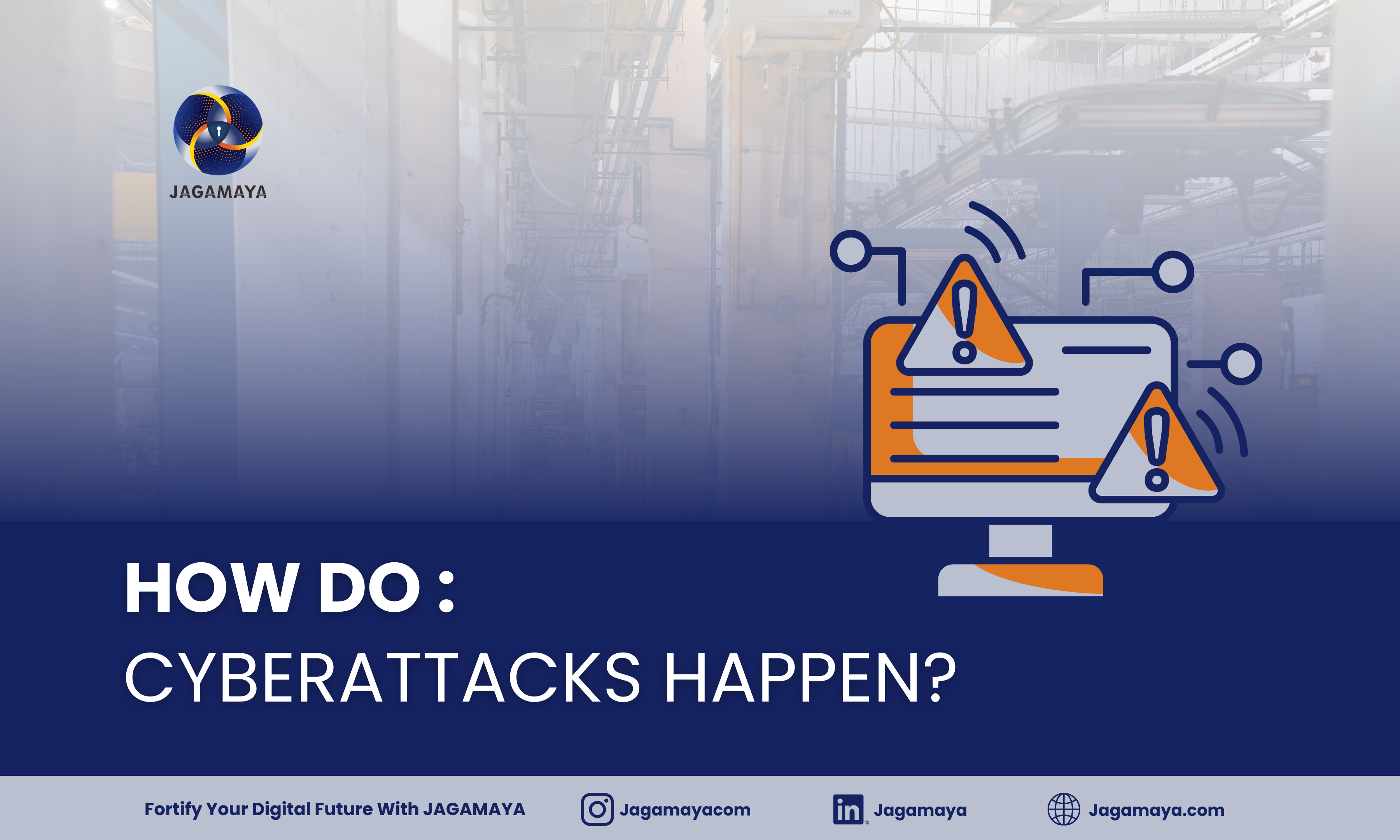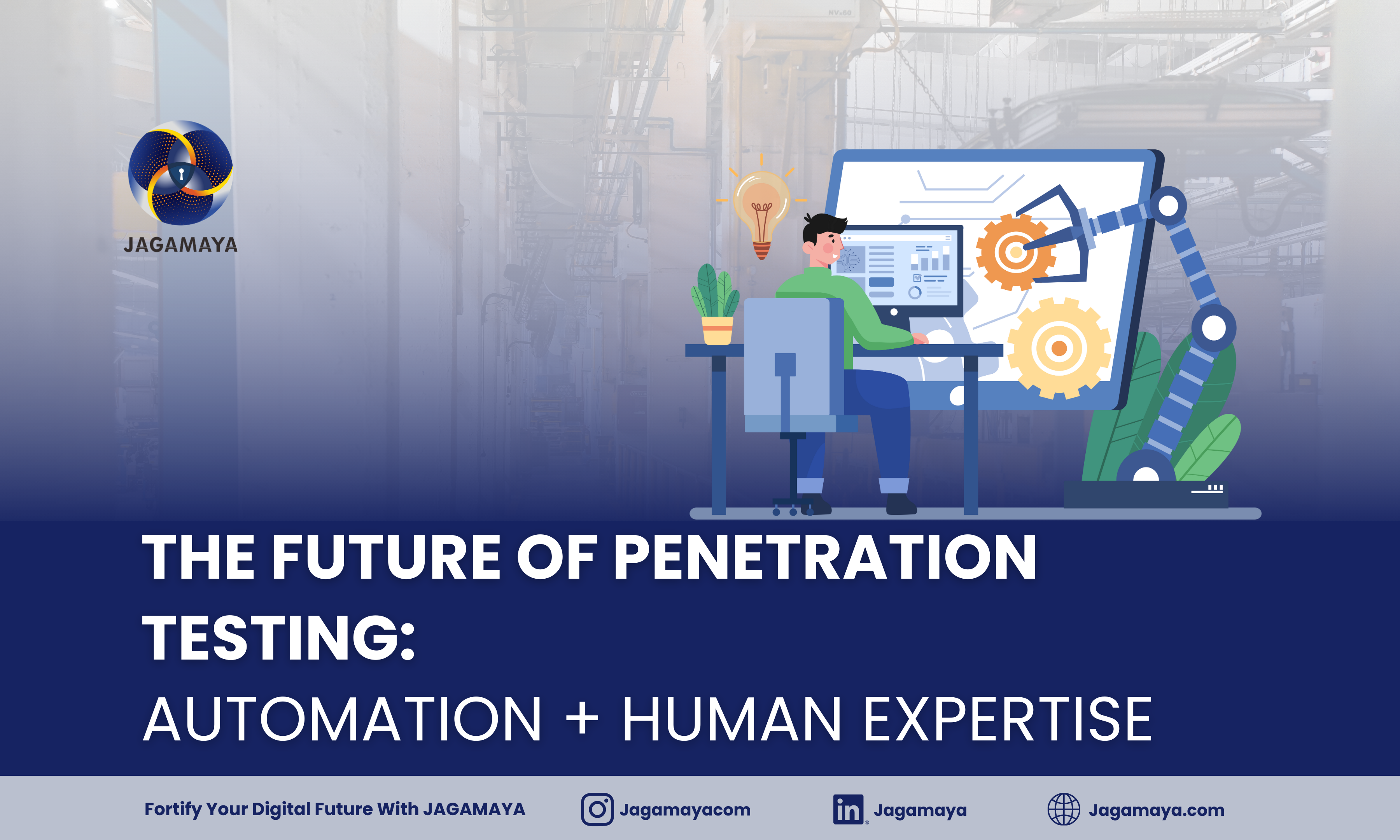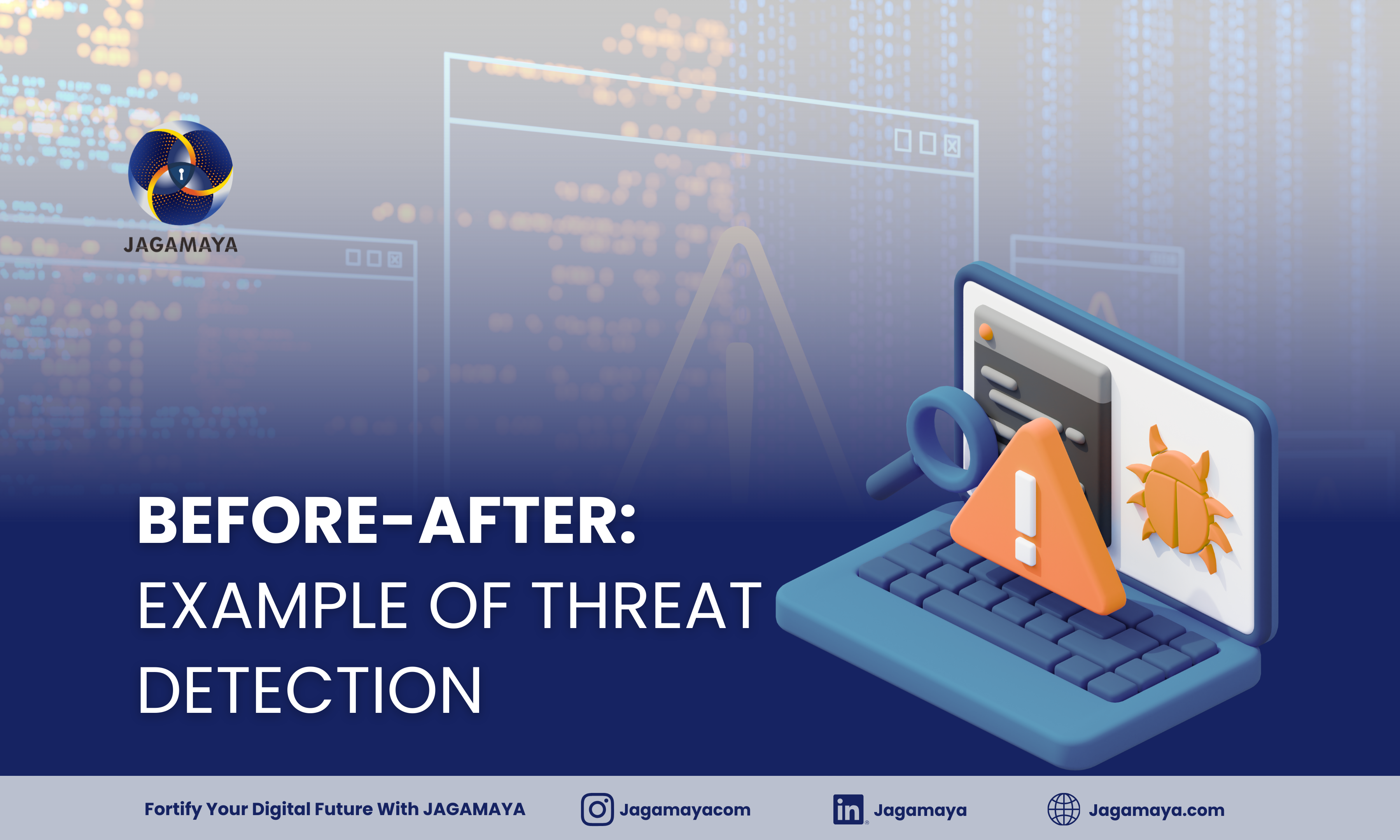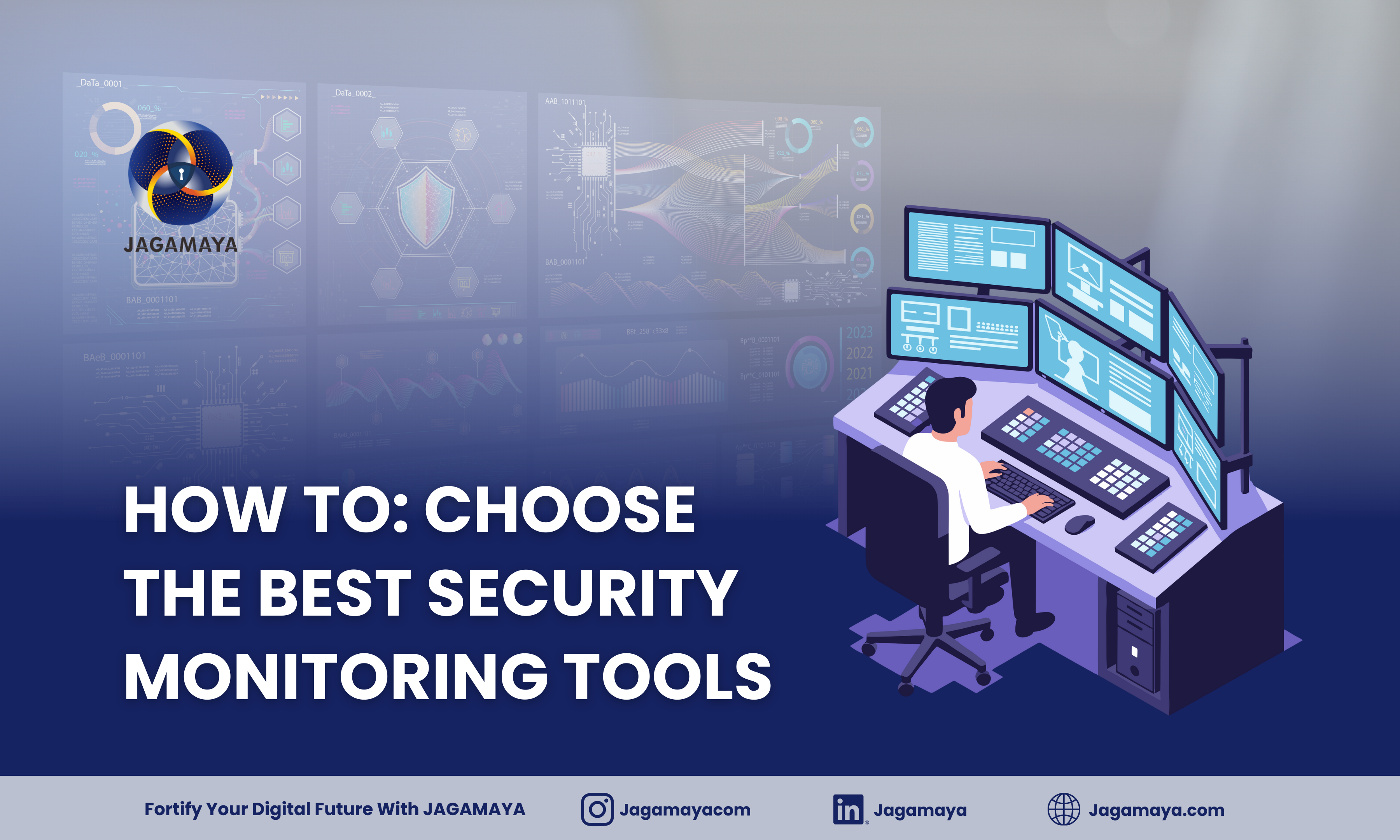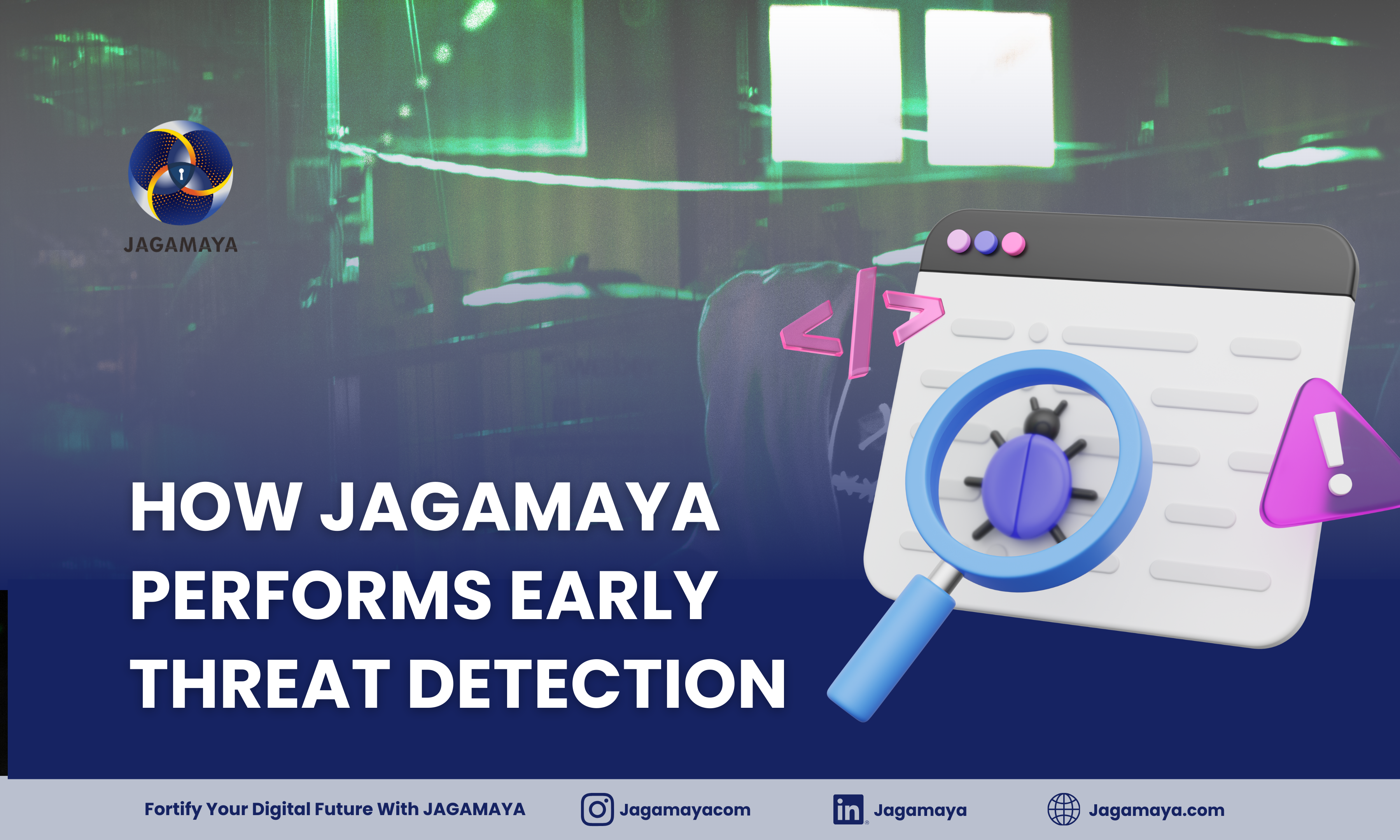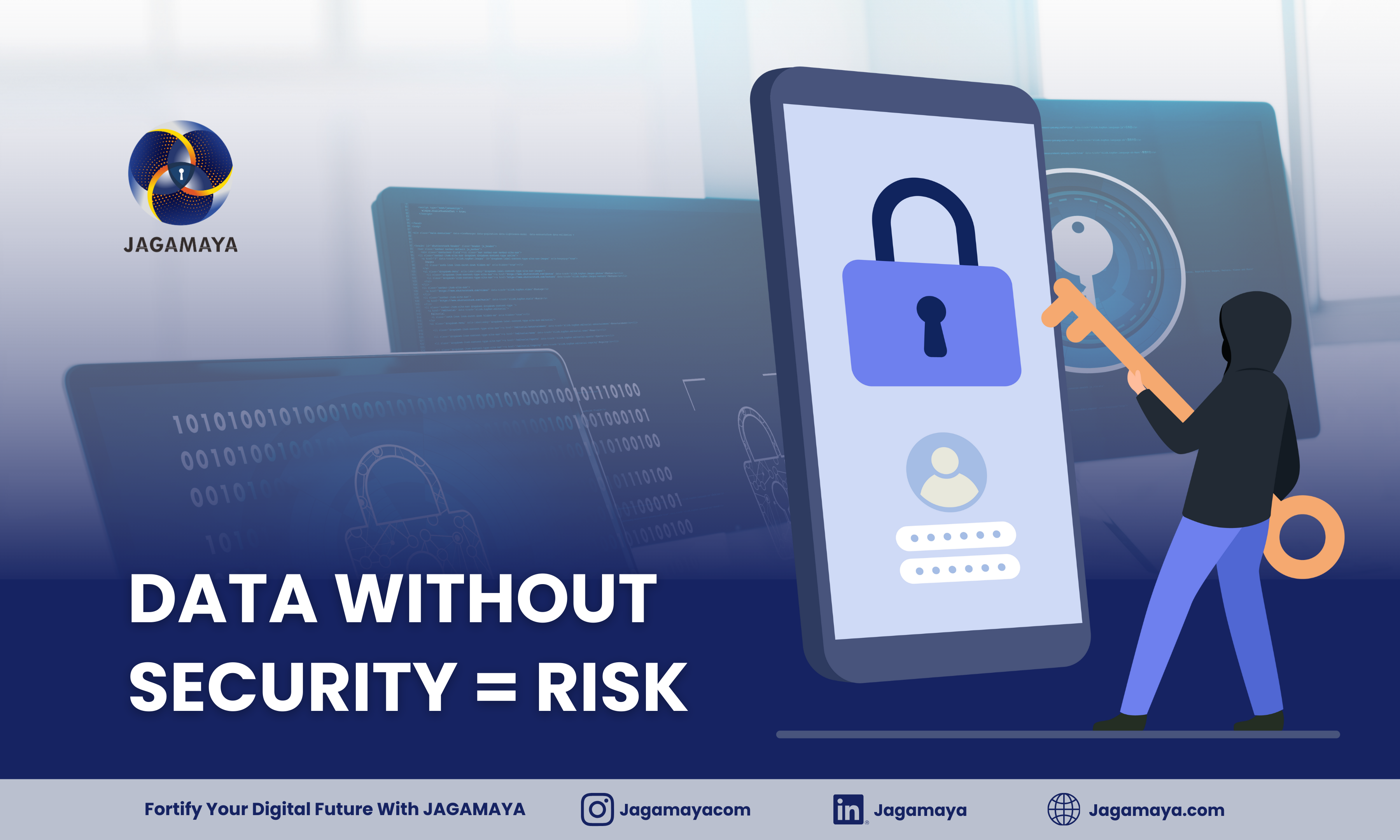Despite advanced security technologies, weak password practices remain one of the most common causes of cyber incidents. Many successful attacks don’t start with sophisticated malware — they start with poor password hygiene.
Password hygiene refers to the everyday habits and policies that protect credentials from misuse. When done correctly, it significantly reduces the risk of unauthorized access, data breaches, and identity-based attacks.
The DOs of Password Hygiene
1. Use Strong and Unique Passwords
Strong passwords should be:
- At least 12 characters long
- A mix of letters, numbers, and symbols
- Unique for every account
Using unique passwords prevents attackers from accessing multiple systems with a single stolen credential.
2. Enable Multi-Factor Authentication (MFA)
MFA adds a critical layer of protection. Even if a password is compromised, MFA can stop attackers from gaining access.
3. Use a Trusted Password Manager
Password managers help generate, store, and autofill strong passwords securely — reducing the temptation to reuse or simplify credentials.
4. Update Passwords After Security Incidents
Passwords should be changed immediately if:
- A phishing attempt is suspected
- Credentials are exposed
- A system compromise occurs
The DON’Ts of Password Hygiene
1. Don’t Reuse Passwords
Password reuse across work and personal accounts allows attackers to scale their access quickly after a single breach.
2. Don’t Use Easily Guessable Information
Avoid names, birthdays, company details, or common patterns. These are often the first combinations attackers try.
3. Don’t Share Passwords
Shared passwords eliminate accountability and increase insider and external risk. Access should always be individual and traceable.
4. Don’t Ignore Phishing Attempts
Phishing remains one of the most effective ways to steal credentials. Always verify links, senders, and login pages before entering passwords.
Why Password Hygiene Is Critical for Organizations
Poor password practices expose organizations to:
- Credential stuffing attacks
- Unauthorized system access
- Lateral movement within networks
- Data breaches and ransomware
Password hygiene is not just an IT issue — it’s a core part of a digital security culture.
How Jagamaya Helps Protect Credentials
Jagamaya supports organizations by providing:
- VSOC 24/7 monitoring to detect abnormal login behavior
- Threat detection for credential abuse and identity misuse
- Security awareness and governance support
By combining technology and expertise, Jagamaya helps organizations detect identity-based threats early.
Habits, Big Security Impact
Good password hygiene may seem simple, but its impact is powerful. Strong passwords, MFA, and user awareness can prevent many attacks before they start.
Cybersecurity begins with everyday behavior — and passwords are a critical first line of defense.
👉 Follow Jagamaya on LinkedIn for regular security updates and best practices:
https://www.linkedin.com/company/jagamaya/


